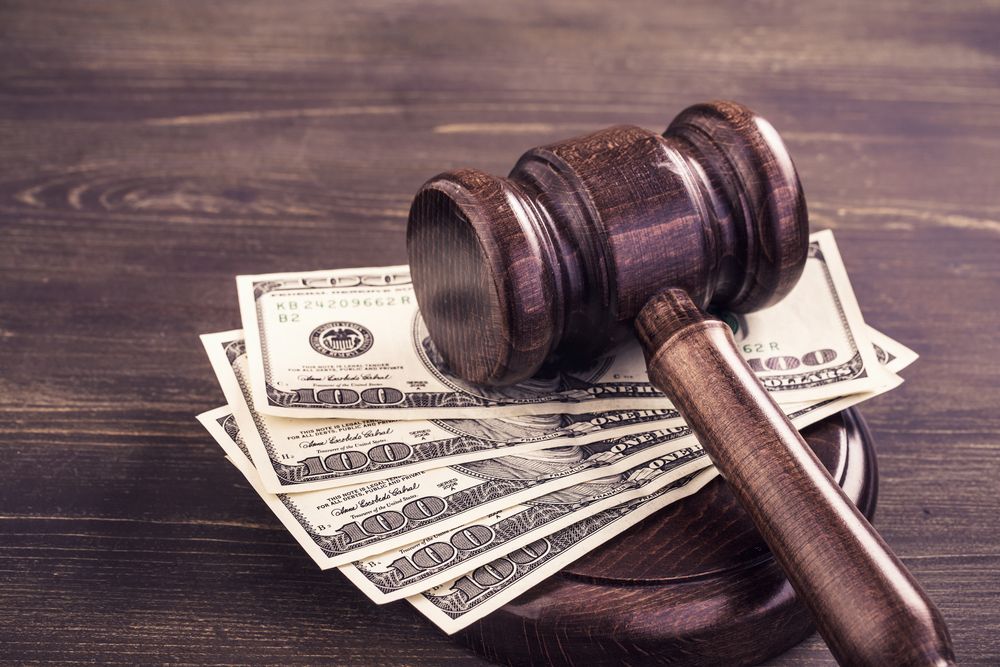Mexico‘s Federal Economic Competition Commission (Cofece) imposed fines totaling 35 million 075,000 pesos on Barclays Bank, Deutsche Bank, Santander, Banamex, Bank of America, BBVA Bancomer, J.P. Morgan and 11 individuals (traders).
Cofece is the authority in charge of applying the Federal Law on Economic Competition in all sectors, except telecommunications and radio broadcasting.
The fines were imposed because the banks colluded in some operations of the secondary market of the intermediation service of debt securities issued by the Mexican government.
To do this, they exchanged messages (chats) using the technological communication platforms that banks hire as work tools.
Cofece accredited, in file IO-006-2016, that the aforementioned banks and traders established 142 agreements contrary to the Federal Law on Economic Competition (LFCE), to manipulate prices, establish the obligation not to trade and/or not acquire certain government securities in specific transactions (not general agreements), which had a direct impact on the price of the related instruments in such transactions in the secondary market.
La Cofece
With these behaviors, damage was generated to the investing public that acquired the bonds object of the collusion. It is calculated that these anticompetitive practices, carried out between 2010 and 2013, generated damage to the market of 29 million 389 thousand pesos.
For example, in one of the cases the agreement was to increase the listing price that they would give to an Afore.
For this reason, Cofece imposed fines totaling 35 million 75 thousand pesos to those responsible.
Considerations
The Cofece stated that given the period in which said conducts were committed, the applicable competition law is prior to the current one and establishes lower amounts of sanction compared to the current LFCE.
It also argued that there is a methodology for calculating the amounts of fines that are applied in all cases served by COFECE, which is based on the constitutional principle of proportionality based on the damage accredited to the market. The financial capacity of the sanctioned person serves to fix, where appropriate, the maximum limit.
Banking market
This case is relevant because the resolution enforces the law in the financial sector; It also discourages illegal agreements in the sector, whether between banks or the people acting on their behalf, by destabilizing the conditions that facilitate agreements of this type. Thanks to the intervention of Cofece, there have already been changes in the way these economic agents interact.
Due to its impact on the economy, the financial sector is a priority for the Commission’s work. For this reason, this competition authority has investigated and sanctioned anti-competitive behavior that affected users in the Afores markets and in the credit information market.
In addition, he has presented opinions to promote competition in the markets of fintech, Afores, ATMs, bank commissions, card payment systems, among others.
All of this generates and promotes better conditions for users of financial services, and gives them the certainty of choosing the option that best meets their needs, at a price determined by the market and not artificially determined by the banks.
Once the resolution has been notified to the parties, the Law grants the sanctioned economic agents the right to go to the Judicial Power of the Federation to have the legality of the COFECE’s actions reviewed.
How does the government securities market operate?
It is made up of two blocks:
1.- The primary market in which the issuer that needs financing participates, that is, the Mexican government through the Ministry of Finance and Public Credit (which issues debt papers, at certain terms and rates, such as Cetes, MBonos, Bondes and Udibonos) and Banco de México (which by law is responsible for placing or selling it). On the other side are a group of authorized financial institutions that invest (buy) these instruments in order to obtain returns.
2.-The secondary market begins to operate when government debt securities are already in the hands of said financial intermediaries, among which are the banks, which through their traders exchange (buy and sell) these debt papers. By law, only authorized institutions participate in this market, such as banks and brokerage houses.
Trader: is the person who on behalf of financial intermediaries buys or sells shares, debt and other instruments in the stock market, in order to obtain the highest profits (returns) in the short, medium or long term.
Collusion: it is the anticompetitive conduct defined in the LFCE as an absolute monopolistic practice, that is, contracts, agreements, arrangements or combinations between competitive economic agents, whose object or effect is the manipulation of prices, restriction or limitation of the offer or the demand, division or segmentation of markets, agreement or coordination of bids in bids, as well as the exchange of information between them to carry out any of the above behaviors.
![]()

